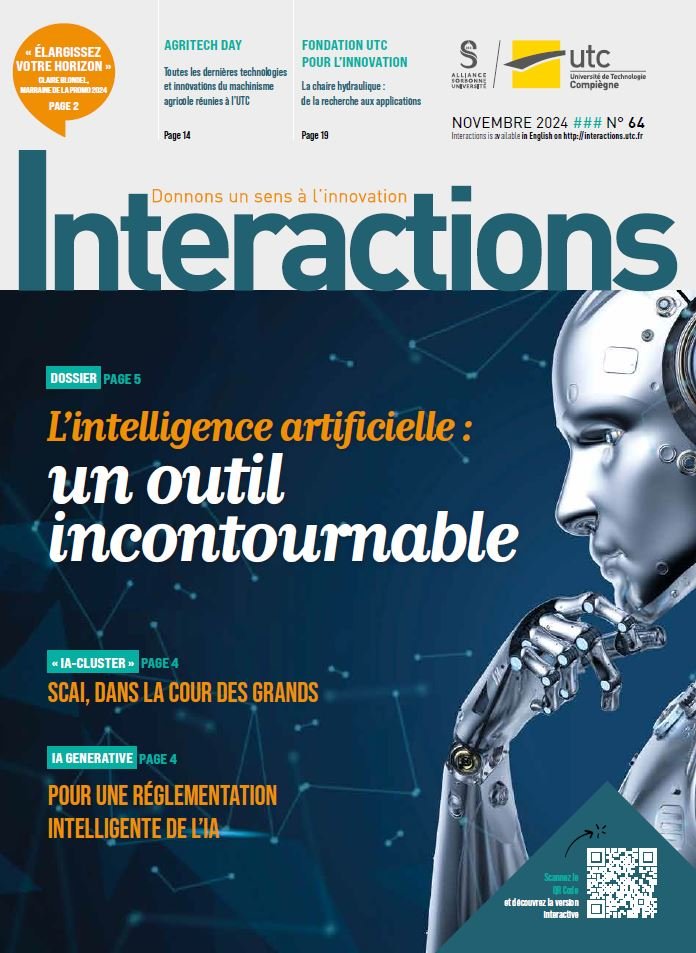-
 “Broaden your horizon”
“Broaden your horizon”anemptytextlline
The need for an eco-fork in the road ahead
As a tenured university professor, David Flacher has succeeded in his gamble with EPOG+ (Economic Policies for Global bifurcation), an Erasmus Mundus Master’s program launched in 2018, since the European Union (EU) decided to fund EPOG-JM (Joint Master), the new Erasmus Mundus master’s programme, with 5 million euros. A Master’s degree focusing on the theme of the necessary ecological bifurcation.

















